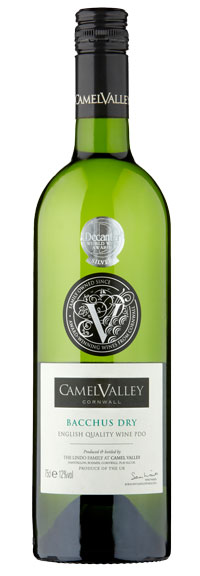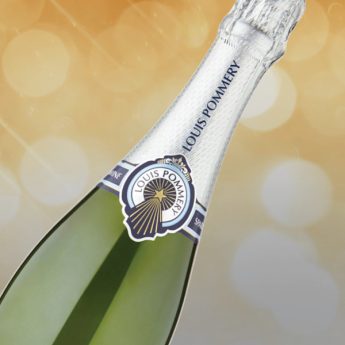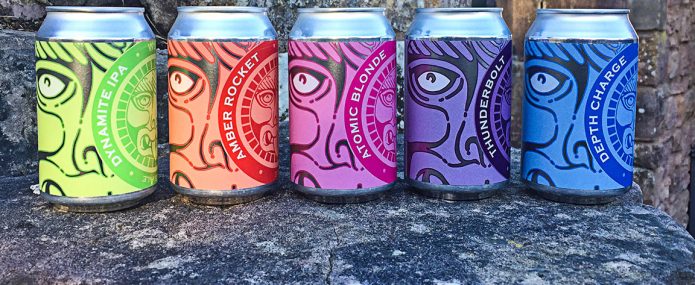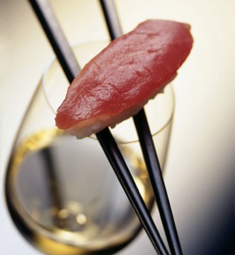 English sparkling wine has been one of the great recent successes in UK food and drink. Several vintages and wineries have achieved multiple accolades and opened up new export markets, including in Japan.
English sparkling wine has been one of the great recent successes in UK food and drink. Several vintages and wineries have achieved multiple accolades and opened up new export markets, including in Japan.
But following behind in terms of recognition are the country’s array of still wines, many of which make use of German grape varieties, such as Bacchus and Ortega, that have been largely ignored by the global wine industry. The UK’s vineyards are clustered mainly on the south coast of England and in Wales, although some can be found as far north as Yorkshire (in 2012, the food writer Christopher Trotter set up a vineyard in Fife, Scotland, before closing it in 2016 due to the poor climate).
Among the still British wines that have caught critics’ attention are Camel Valley’s Bacchus Dry, which won the 2016 English Wine of the Year Award and last year was selected by The Independent as the best English wine, and Bolney Wine Estate’s Pinot Noir, which came second in the newspaper’s rankings.
Meanwhile, the 2015 Bacchus white wine produced by Winbirri Vineyard in Norfolk walked away with one of the 34 Platinum Best in Show medals at last year’s Decanter World Wine Awards.
With such success, can Japan open up as an export market for British still wines, too?
Welsh welcome
Closer to home, tourism may provide a way of boosting awareness of UK wines. In particular, Wales—which has 19 vineyards and where wine production is expected to double in the next two to five years—has been active in incorporating wine into its tourism offerings.
“The [Welsh Wine] Association has established Wine Trail Wales to provide visitors and day trippers with the opportunity to visit their vineyards, and sample and buy bottles for personal consumption”, explained a spokesperson from the food division of the Welsh government.
In lieu of producer visits to Japan—always an important way to promote food and drink products—such endeavours may start to help change the perception of UK wine in Japan.
On the shelf
Currently, British still wines are unavailable on any kind of significant scale in Japan, despite the fact that still wines accounted for 89% of the Japanese light grape wine market in 2016, according to the market research firm Euromonitor International Ltd. Meanwhile, sparkling wine is very popular among Japanese women—a key demographic—on account of its bubbly and celebratory image, and the category is forecast to grow 8.5% between 2016 and 2021, compared with 3.7% for still wine.
Camel Valley’s co-founder Bob Lindo—who visited Japan in 2008 to promote English wine as part of the 150th anniversary of the British Fair at the Hankyu Department Store in Osaka—believes that marketing still wines would be harder than sparkling wines. “[They] seem to reach Japanese consumers immediately”, he said.
However, others in the Japanese market are watching developments in British still wine with interest.
“There are some who have started producing quality still wines from Pinot Noir and Chardonnay to single site still wines, which could be interesting in the future, despite production still being quite limited”, said Nicholas Pegna, Asia director at Berry Bros. and Rudd Limited. “As the longest-established merchant in the UK, with a very active buying team and six masters of wine, we have every intention of keeping a close eye on the development of UK wine production.
“The market for still UK wines will need to be developed in the UK domestically initially, and then it may follow the likes of Swiss wine, which has been subsequently understood and appreciated outside its home market”.
Mami Whelehan, a wine market development consultant, agrees that there is potential for UK still wines.
“I think there is a great possibility for the Pinot Noir in England to really go up in quality”, she said, noting that this variety is very popular among Japanese wine drinkers due to its international recognition and resultant familiarity. But despite recent success with German grapes, Whelehan believes a further shift to international varieties might be necessary to build the market.
“I really do not see, particularly in Japan, a future for lesser German varieties, because, in general, German wines are not easy to sell”, she said, noting that the focus of German wines was on cheap and sweet wine, which tarnished the image of German wines overall, leading to a reputation that has stuck, despite improvements. And Japanese people’s taste has moved on to drier wines as the market has matured.
Competition
BCCJ ACUMEN is giving away two bottles of English sparkling wine, courtesy of Berry Bros. & Rudd.
To enter, email your name, telephone number and address by 28 February to publisher@custom-media.com
Winners will be picked at random.



-2-100x100.jpg)


